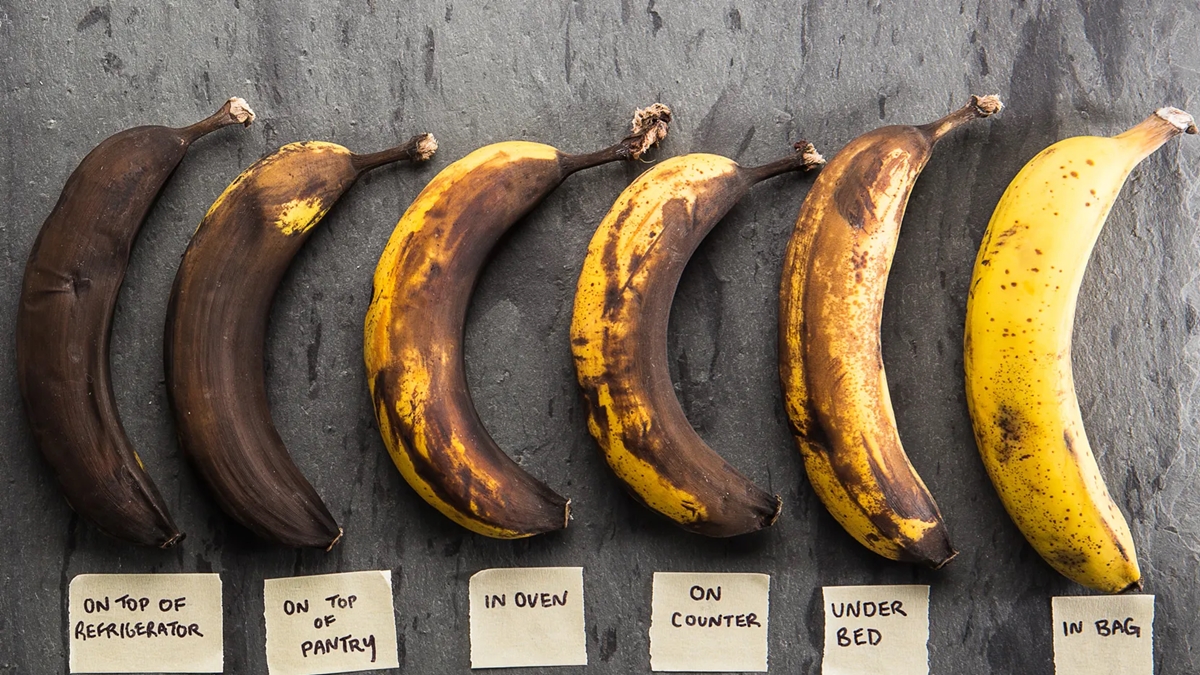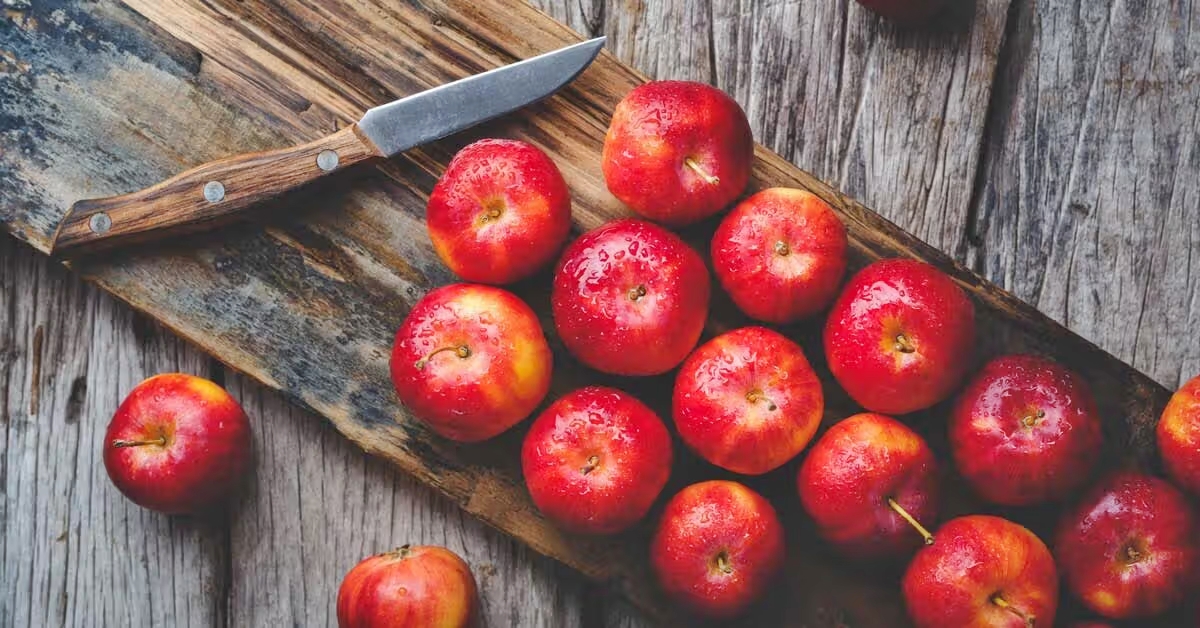Introduction
When it comes to maintaining a healthy lifestyle, incorporating vegetables into your diet is key. Vegetables are not only delicious, but they are also packed with essential nutrients that can support your overall wellbeing. In this article, we will explore the top 20 healthiest vegetables that you can easily include in your daily meals.
1. Spinach
Spinach is a powerhouse of nutrients, including iron, folate, and vitamins A and C. It is known for its ability to promote healthy eyesight and strengthen the immune system. Consider adding spinach to your salads, soups, or smoothies for a nutritious boost.
2. Kale
Kale is another leafy green that deserves a spot on your plate. It is rich in antioxidants, fiber, and vitamins K, A, and C. Adding kale to your diet can help support healthy bones, improve digestion, and boost the immune system.
3. Broccoli
Broccoli is not only crunchy and delicious but also incredibly nutritious. It contains high amounts of fiber, vitamins C, K, and A, and minerals such as potassium and calcium. Incorporating broccoli into your meals can support heart health and contribute to a well-balanced diet.
4. Bell Peppers
Bell peppers, available in various vibrant colors, are loaded with vitamins A, C, and E. They also provide a good source of dietary fiber and antioxidants. These versatile vegetables can be enjoyed raw in salads, roasted, or stir-fried.
5. Carrots
Carrots are known for their high content of beta carotene, which converts into vitamin A in the body. They are also a good source of vitamins K and B6. Including carrots in your diet can support healthy vision and contribute to glowing skin.
6. Cauliflower
Cauliflower is a versatile vegetable that offers a wide range of health benefits. It is a great source of fiber, vitamins C and K, and folate. This cruciferous vegetable can be used as a low-carb alternative for rice or mashed potatoes.
7. Brussels Sprouts
Although Brussels sprouts may not be everyone’s favorite, they are certainly worth a try. These small cruciferous vegetables are packed with fiber, vitamins C and K, and antioxidants. Roasting or sautéing Brussels sprouts can bring out their delicious flavors.
8. Zucchini
Zucchini is a low-calorie vegetable that is rich in water content and fiber. It also contains vitamin C, antioxidants, and potassium. Incorporating zucchini into your diet can support weight management and promote healthy digestion.
9. Sweet Potatoes
Sweet potatoes are not only tasty but also highly nutritious. They are an excellent source of dietary fiber, vitamin A, vitamin C, and potassium. Enjoying sweet potatoes as part of your meals can support healthy skin, boost immunity, and provide energy.
10. Cabbage
Cabbage, whether green or purple, is a cruciferous vegetable that offers numerous health benefits. It is packed with vitamins C and K, antioxidants, and fiber. Incorporate cabbage into your meals by adding it to salads, stir-fries, or soups for a crunchy and nutritious addition.
11. Tomatoes
Tomatoes are not only flavorful but also incredibly nutritious. They are an excellent source of lycopene, an antioxidant associated with various health benefits. Tomatoes also contain vitamins A, C, and K, as well as potassium. Enjoy tomatoes in salads, sauces, or in their raw form.
12. Cucumbers
Cucumbers are hydrating vegetables that offer a refreshing crunch. They are low in calories and rich in water content, making them an excellent addition to salads or as a healthy snack option. Cucumbers also provide vitamin K and antioxidants.
13. Asparagus
Asparagus is a nutrient-dense vegetable that is rich in vitamins A, C, and K. It is also an excellent source of folate and fiber. Including asparagus in your diet can support healthy digestion and contribute to optimal heart health.
14. Green Beans
Green beans are a tasty vegetable that is loaded with vitamins and minerals. They are particularly high in fiber, folate, and vitamins A, C, and K. Incorporating green beans into your meals can support healthy digestion and contribute to overall wellbeing.
15. Pumpkin
Pumpkin is a delicious vegetable that offers numerous health benefits. It is rich in beta carotene, vitamins A and C, and fiber. Enjoy pumpkin in soups, roasted dishes, or as a healthy dessert option.
16. Eggplant
Eggplant is a versatile vegetable that is low in calories and high in fiber. It contains antioxidants, potassium, and vitamins K and C. Incorporating eggplant into your meals can support healthy digestion and contribute to heart health.
17. Beetroot
Beetroot, known for its vibrant color, is a nutrient-rich vegetable. It is high in antioxidants, dietary fiber, folate, and vitamins A and C. Including beetroot in your diet can support healthy blood pressure and promote detoxification.
18. Radishes
Radishes are crunchy vegetables that provide a burst of flavor to various dishes. They are low in calories and rich in vitamins C and K. Adding radishes to your salads or using them as a garnish can enhance the nutritional value of your meals.
19. Onions
Onions not only add flavor to your meals but also offer health benefits. They contain antioxidants, vitamins C and B6, and dietary fiber. Incorporating onions into your dishes can support immune function and contribute to heart health.
20. Peas
Peas, whether green or snow, are nutrient-dense vegetables that offer a range of health benefits. They are high in dietary fiber, vitamins A, C, and K, and minerals such as iron and potassium. Enjoy peas in soups, salads, or as a side dish.
Conclusion
Incorporating these top 20 healthiest vegetables into your diet can have a positive impact on your overall wellbeing. From leafy greens to vibrant bell peppers and nutritious root vegetables, there are plenty of options to choose from. Experiment with different recipes and cooking methods to make these vegetables a delicious and essential part of your meals. Remember, a healthy diet starts with the goodness of vegetables!
Was this page helpful?
Read Next: 10 Healthy Fish To Eat











